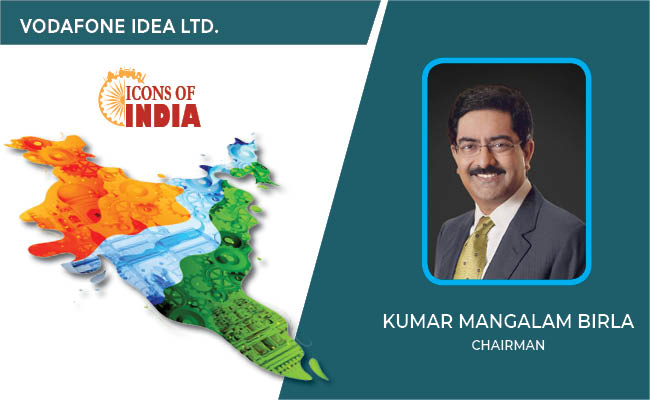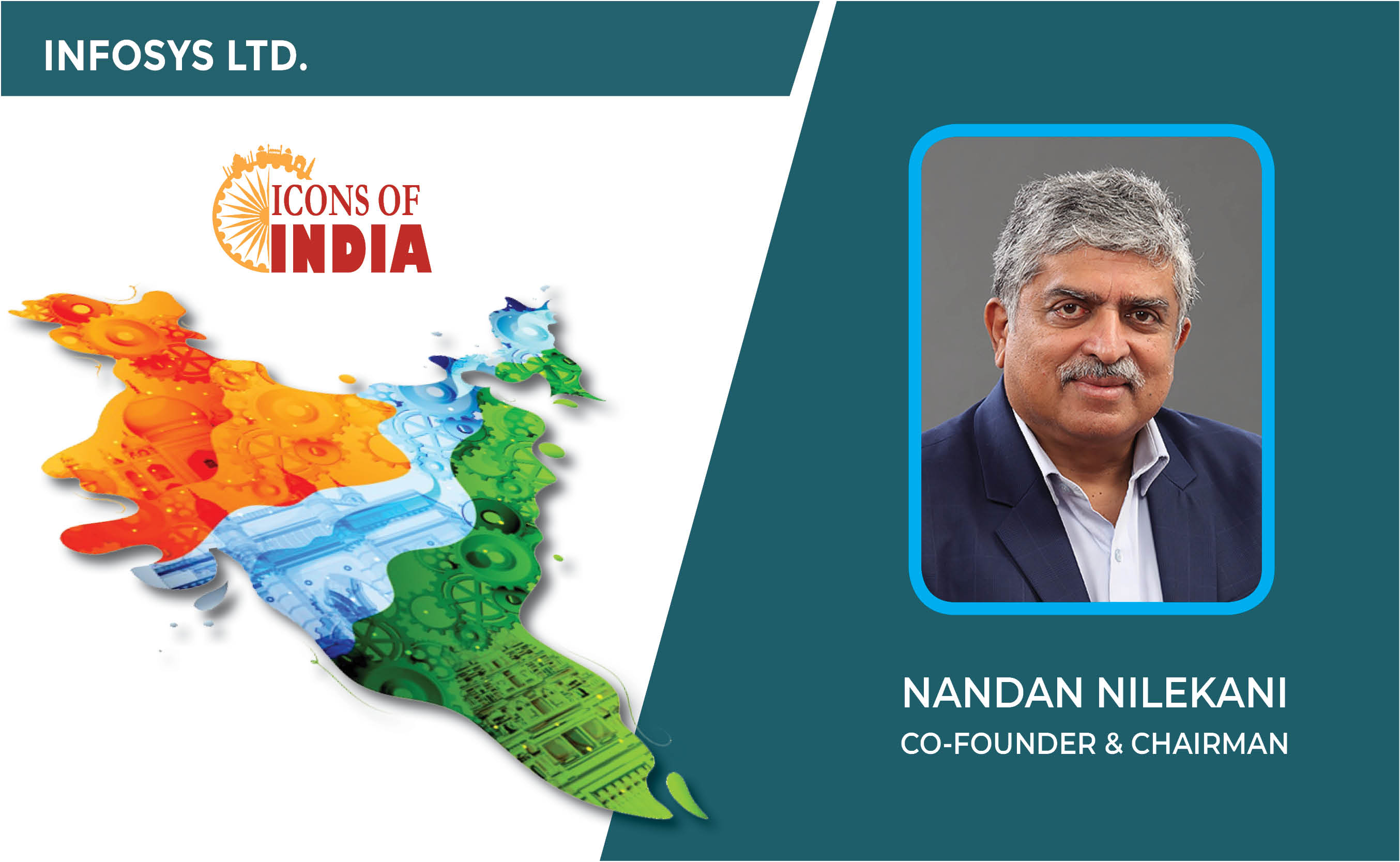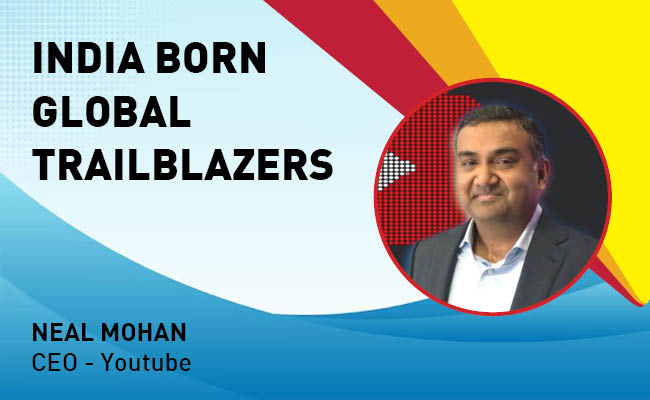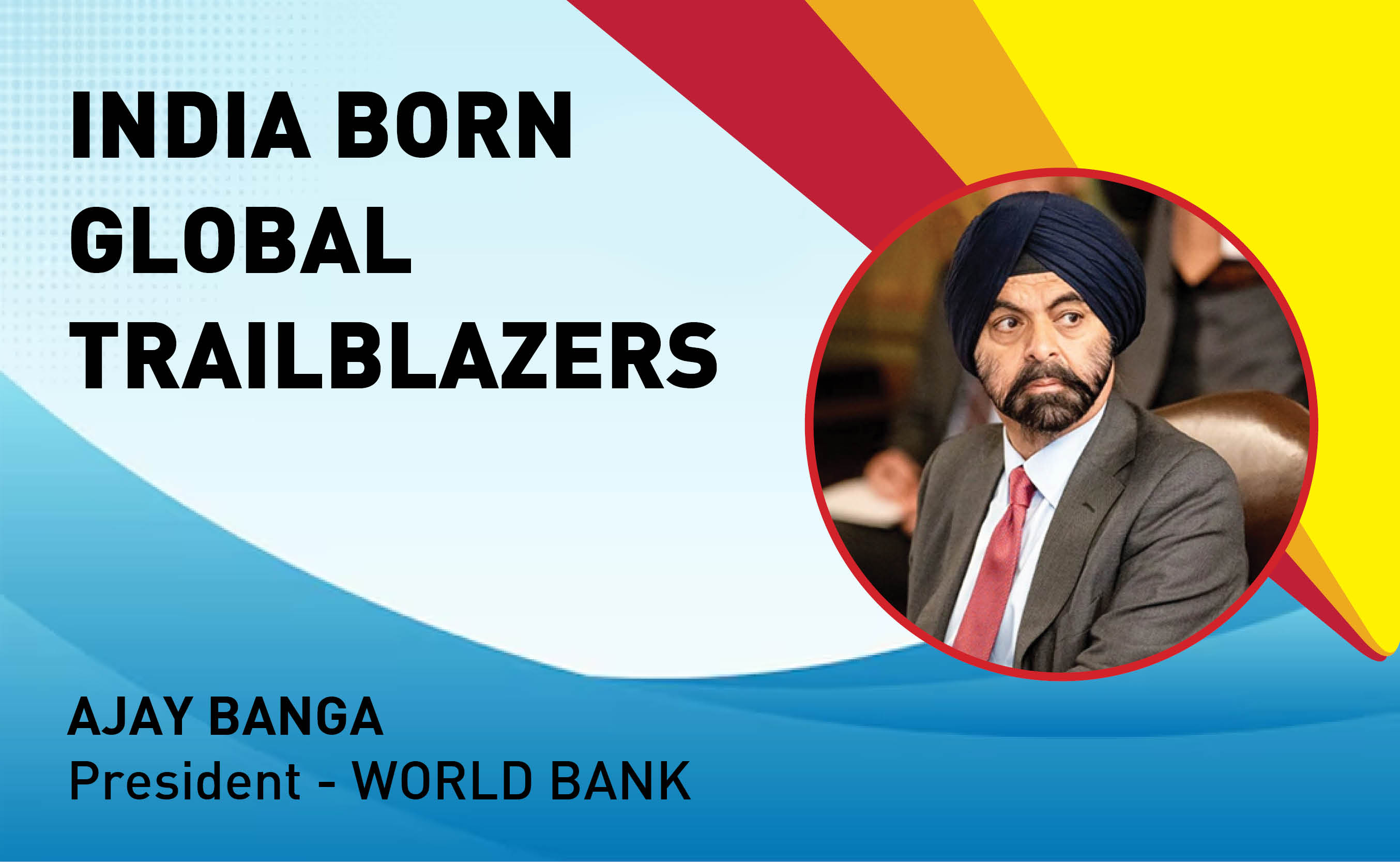Can VMware lead the battle of hyperscalers?
By MYBRANDBOOK

Hyperscaler cloud service providers bring global business solutions outsourcing and consulting capabilities to support and enable organizations to migrate, adopt, and build cloud-native offerings. These providers leverage their cloud professionals' experience and talent to consult on platform re-architecture, application development, data migration, and transitioning services from technology stacks into macro and microservices hosted in a data center on-premise, private cloud, public cloud (hyperscale), or any combination.
With an infinite increase of data, applications, connections, and workloads taxing an organization's ability to adapt and develop to new platforms, DevOps, testing, security, and governance requirements are hamstringing innovation, processes, and go-to-market efforts. As a result, organizations are working with partners to transition storage, computing, back-up, and hosting services to cloud-based platforms to leverage the scale and compute power they can provide.
Hyperscaler: Provides computing architecture to appropriately scale as customers increase system demand. Hyperscaling typically involves seamlessly provisioning and adding compute, memory, networking, and storage resources to a given node or set of nodes that comprise a larger computing, distributed computing, or grid computing environment. Examples of hyperscalers are Amazon AWS, Microsoft Azure, Google GCP, Alibaba AliCloud, IBM, and Oracle.
Presently, VMware's strategy is to offer an overlay to businesses that find themselves using hybrid multi-cloud can link those resources with virtual networks and apply consistent security policies instead of having to treat each of their clouds as a silo.
That approach competes with hyperscalers by giving VMware customers the chance to adopt multi-cloud with (theoretically) less complexity and pain, rather than feeling they might need to commit to fewer clouds for the sake of simplicity. But it also complements hyperscalers, who know that hybrid multi-cloud has happened – mostly by accident, rather than as a result of planning or strategy – and needs to be accommodated before it irritates customers.
Going forward, We are at an inflection point in the industry where the cloud is being adopted more and more by the telecom segment. AWS, Microsoft (via its Azure cloud) and Google Cloud have all made their intentions plain: They want to bring the telecom industry into the cloud.
That's not really a surprise, of course. A wide range of industries – from media to government to financial services – have already put much of their core digital infrastructure into the cloud. So now it’s the turn of the telecom Industry…


Legal Battle Over IT Act Intensifies Amid Musk’s India Plans
The outcome of the legal dispute between X Corp and the Indian government c...

Wipro inks 10-year deal with Phoenix Group's ReAssure UK worth
The agreement, executed through Wipro and its 100% subsidiary,...

Centre announces that DPDP Rules nearing Finalisation by April
The government seeks to refine the rules for robust data protection, ensuri...

Home Ministry cracks down on PoS agents in digital arrest scam
Digital arrest scams are a growing cybercrime where victims are coerced or ...


Icons Of India : Kumar Mangalam Birla
Aditya Birla Group chairman Kumar Mangalam Birla recently made a comeb...

ICONS OF INDIA : VIJAY SHEKHAR SHARMA
Vijay Shekhar Sharma is an Indian technology entrepreneur and multimil...

Icons Of India : NANDAN NILEKANI
Nandan Nilekani is the Co-Founder and Chairman of Infosys Technologies...


CERT-IN - Indian Computer Emergency Response Team
CERT-In is a national nodal agency for responding to computer security...

IREDA - Indian Renewable Energy Development Agency Limited
IREDA is a specialized financial institution in India that facilitates...

STPI - Software Technology Parks of India
STPI promotes and facilitates the growth of the IT and ITES industry i...


Indian Tech Talent Excelling The Tech World - NEAL MOHAN, CEO - Youtube
Neal Mohan, the CEO of YouTube, has a bold vision for the platform’s...

Indian Tech Talent Excelling The Tech World - AJAY BANGA, President - World Bank
Ajay Banga is an Indian-born American business executive who currently...

Indian Tech Talent Excelling The Tech World - JAY CHAUDHRY, CEO – Zscaler
Jay Chaudhry, an Indian-American technology entrepreneur, is the CEO a...
 of images belongs to the respective copyright holders
of images belongs to the respective copyright holders